As we journey through life, our bodies inevitably begin to show signs of the passing years. Wrinkles, stiffness, memory loss, and other age-related changes become more apparent. However, you can influence how rapidly these changes occur. A nutrient-rich diet, filled with wholesome and nourishing foods, can play a significant role in slowing down the ageing process, helping you look and feel younger for longer
Understanding the Aging Process
Ageing is a complex biological process characterized by the gradual decline of various body functions. It’s influenced by a multitude of factors, including genetics, environment, lifestyle, and diet. While some aspects of ageing are unavoidable, others, like diet, are within our control, providing a powerful tool to slow down ageing.
The Role of Nutrition
The foods we consume can significantly impact our appearance, fitness, quality of life, and disease risks. As we age, our bodies rely on various nutrients to support the natural ageing process. Some nutrients may help slow down the signs of ageing and promote healthy, glowing skin. Remember, consuming certain foods won’t miraculously make you look younger. However, incorporating nutrient-dense foods into your diet can help you look and feel your best as you age.
The Top Foods to Slow Down Ageing
While no single food can magically reverse the ageing process, a nutritious diet rich in certain foods can enhance skin quality, boost immunity, and improve overall health. Here are some nutrient-dense foods that you should consider incorporating into your diet.
Olive Oil
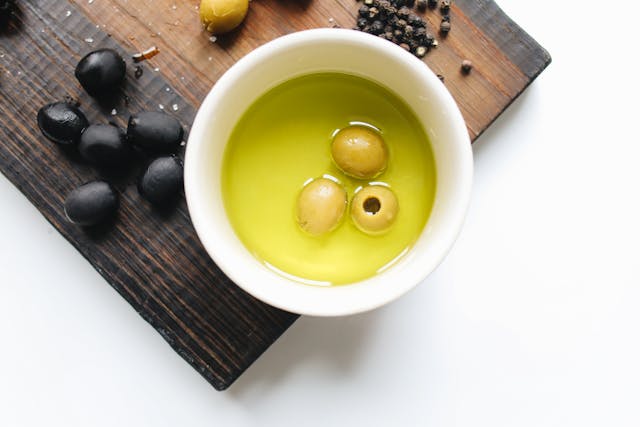
Extra virgin olive oil is considered one of the healthiest oils on the planet. This anti-ageing powerhouse is rich in monounsaturated fats and antioxidants, which help reduce inflammation and oxidative damage caused by free radicals.
Vegetables
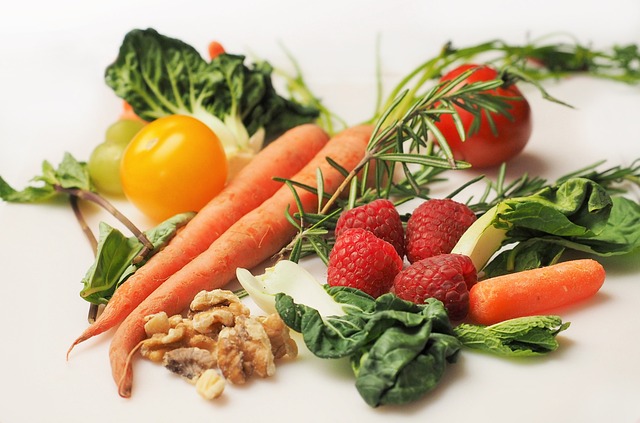
Vegetables, especially brightly coloured ones, are packed with antioxidants that can protect your skin from sun damage and help promote healthy skin regeneration. Some examples are broccoli, red bell peppers, spinach, sweet potatoes, and watercress.
Fruits
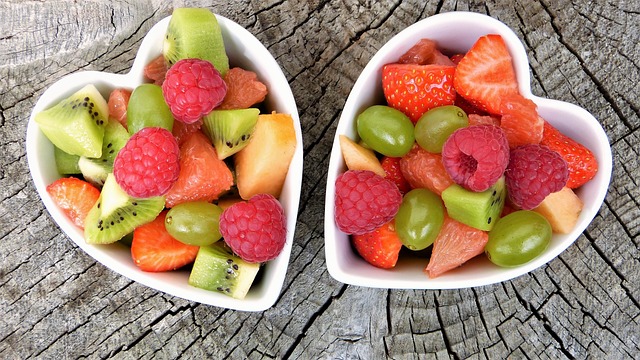
Fruits like avocado, blueberries, and papaya are rich in essential nutrients and antioxidants. They can help nourish your body, support overall health, and can be beneficial as you age.
Nuts and Seeds
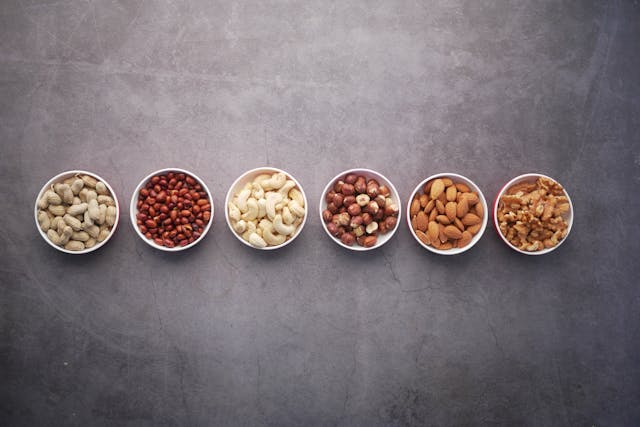
Nuts like almonds and walnuts are excellent sources of vitamin E and omega-3 fatty acids, which can help repair skin tissue, retain skin moisture, and protect skin from damaging UV rays.
Fish
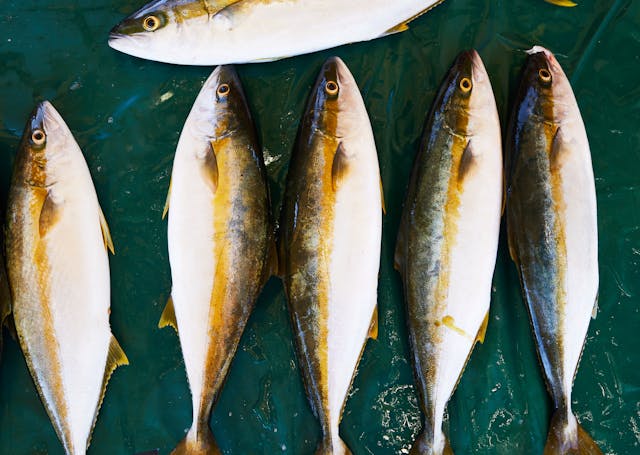
Fatty fish like salmon and tuna are rich in omega-3 fats. These fats protect against inflammation, heart disease, and other issues. They also play a role in supporting a healthy skin barrier and may assist in reducing skin inflammation.
Dark Chocolate or Cocoa
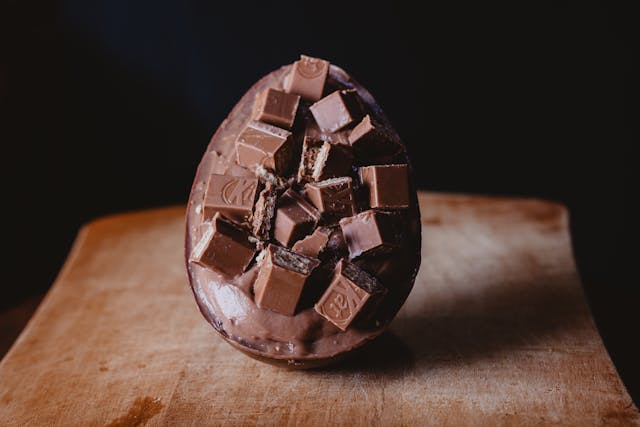
Dark chocolate or cocoa is rich in antioxidants, particularly flavanols, which may protect our skin from sun damage and slow the ageing process.
Green Tea
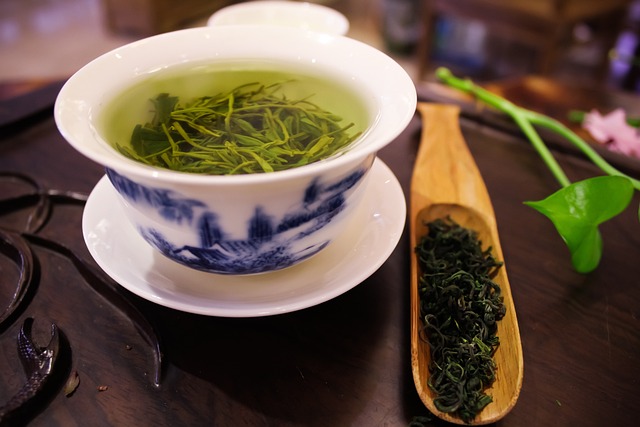
Green tea is abundant in antioxidants, which can help the body fight off damaging free radicals.
Flax Seeds
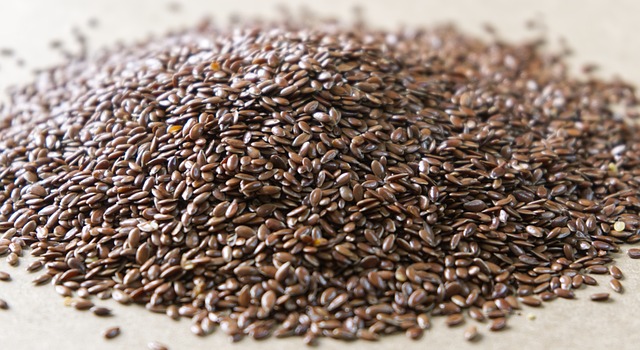
Flax seeds are rich in omega-3 fats and lignans, a type of polyphenol with antioxidant properties, which can reduce your risk of developing chronic diseases such as heart disease and breast cancer.
Tomatoes
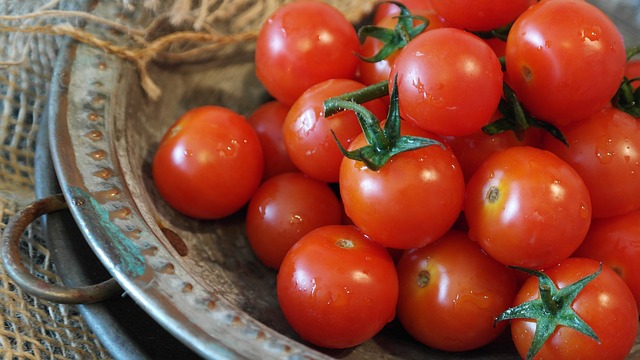
Tomatoes are high in lycopene, a powerful antioxidant that may protect the skin against the sun’s harmful rays.
Eggs
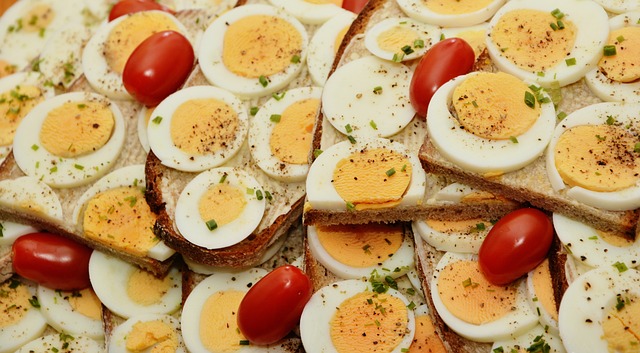
Eggs are high in protein, which is needed for the production of collagen and elastin, the molecules responsible for the strength and suppleness of the skin.
The Importance of Hydration in Ageing
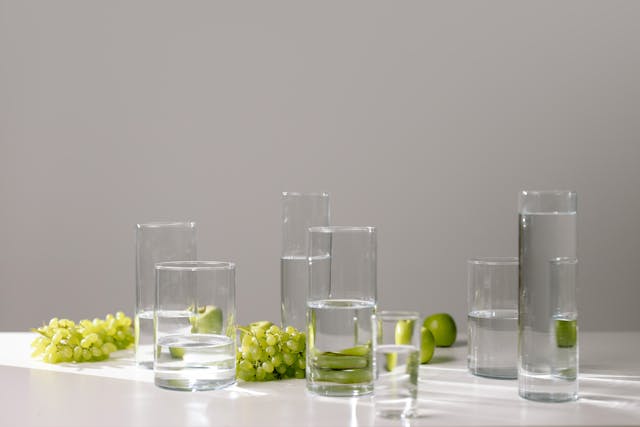
Adequate hydration is essential for preserving skin elasticity and suppleness. Strive to consume 8-10 glasses of water daily. Keep in mind, that excessive alcohol, tea, and coffee can function as diuretics, potentially leading to skin dehydration.
Foods to Avoid for Healthy Ageing
While incorporating the above foods into your diet is beneficial, it’s equally important to avoid certain foods that can speed up the ageing process. These include fried foods, excessive salt, processed meats, margarine, and sugary drinks.
Frequently Asked Questions (FAQs) About Nutrition and Ageing
Q: Can changing my diet slow down the ageing process? A: Yes, adopting a nutrient-rich diet can help slow down the ageing process by providing essential nutrients that support skin health, combat inflammation, and reduce oxidative stress.
Q: What role does inflammation play in the ageing process? A: Inflammation, particularly chronic inflammation, accelerates biological ageing and is associated with age-related changes in body tissue. Consuming foods rich in antioxidants, healthy fats, and essential nutrients can help combat inflammation and promote healthy ageing.
Q: Are there specific foods that can help slow down ageing? A: Yes, certain foods are known for their anti-ageing properties. Examples include extra virgin olive oil, vegetables, fruits, nuts and seeds, fatty fish, dark chocolate or cocoa, green tea, flax seeds, tomatoes, and eggs. These foods contain nutrients and antioxidants that support skin health and overall well-being.
Q: Are there any foods I should avoid to promote healthy ageing? A: Yes, it’s important to limit or avoid foods that can accelerate the ageing process, such as fried foods, excessive salt, processed meats, margarine, and sugary drinks. These foods can contribute to inflammation, oxidative stress, and other age-related issues.
